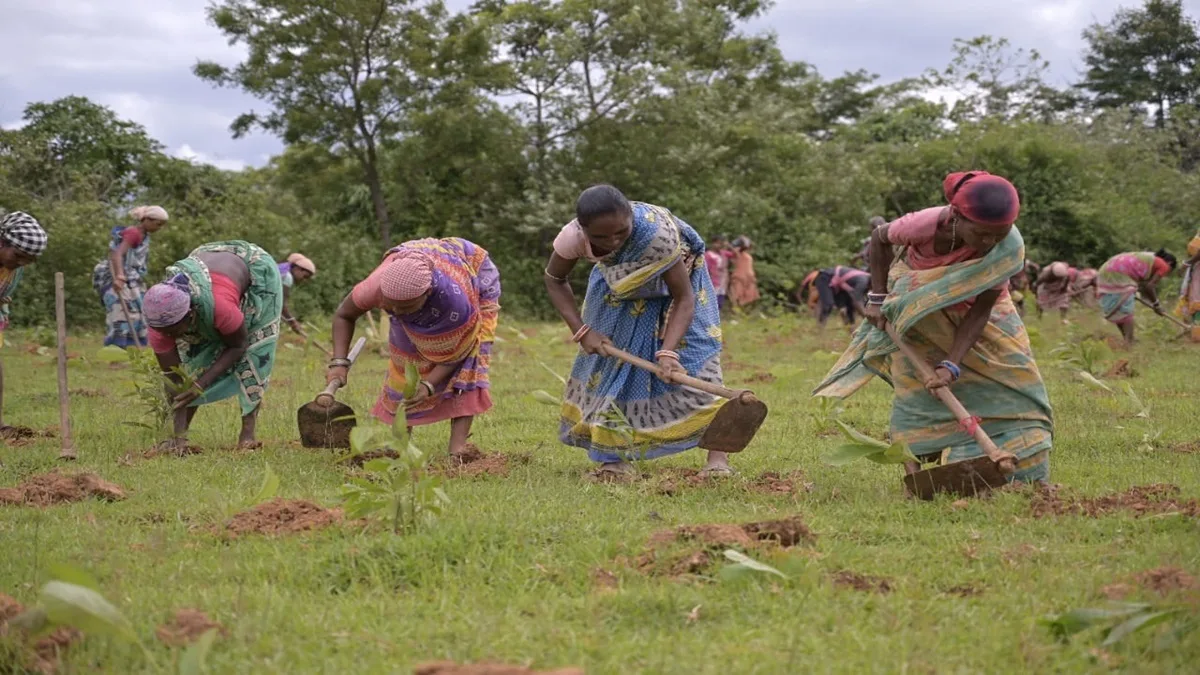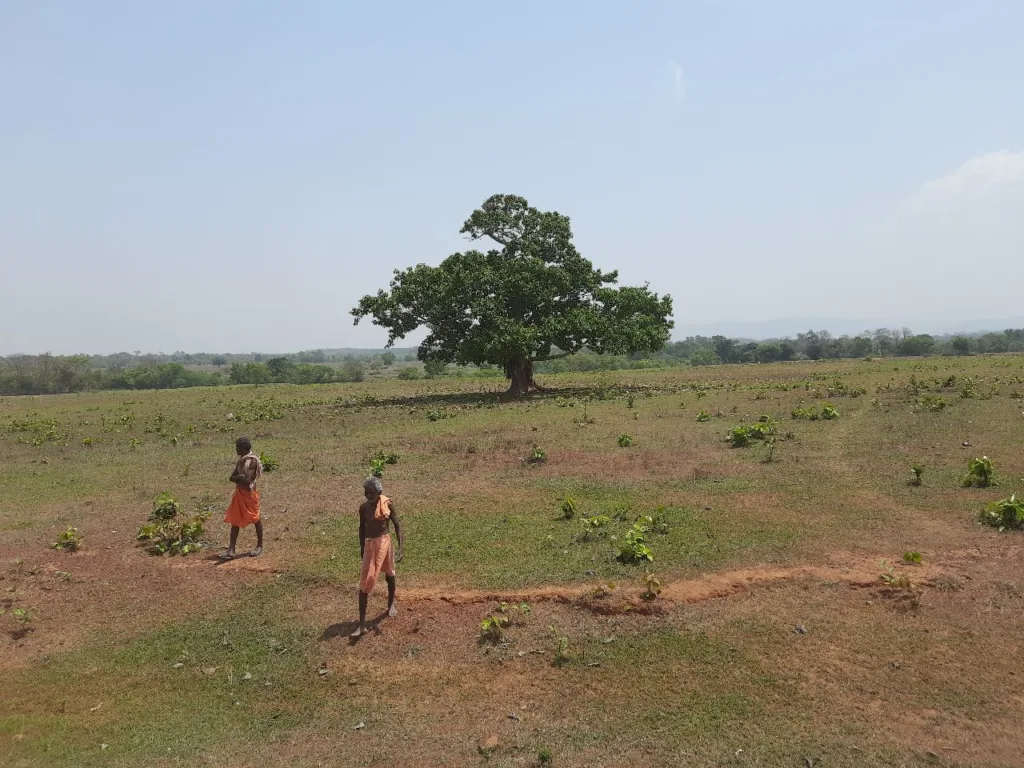
Grow-Trees.com has planted a whopping 150,000 trees in the Mayurbhanj district in Odisha
The sparse population of the rare melanistic tigers or black tigers, suffered a crushing blow when a male big cat was found dead at the Similipal Tiger Reserve in Odisha’s Mayurbhanj district in May this year. Among the many challenges this species faces is habitat fragmentation caused by deforestation, urbanization, resource extraction and forest encroachment by local communities for food and fodder.
Habitat loss has a debilitating impact on biodiversity because disconnected land fragments reduce the amount of space needed for a group of species to survive and reproduce. Decreased green cover also makes wild animals vulnerable to poachers, to conflicts with human populations, and exacerbates climate change, leading to elevated temperatures and unpredictable rainfall patterns.
‘Trees for Black Tigers’
Environmental organization Grow-Trees.com’s monumental project, ‘Trees for Black Tigers,’ is addressing these issues and restoring the black tiger’s habitat by planting over 150,000 trees in the Mayurbhanj district of Odisha.

\
Pradip Shah, the visionary founder of Grow-Trees.com, underscores the importance of this project and says, “According to reports, back in 2006, Odisha had about 45 black tigers, and by 2015, the number came down to 28. There could be many reasons for it, but broadly speaking, depletion of forests, habitat loss and fragmentation adversely impact biodiversity and the ecosystem and make survival difficult for wildlife species. Changes in land use and deforestation also release carbon dioxide into the atmosphere and intensify climate change. This is why planting trees is critical for nurturing biodiversity, protecting wildlife, and mitigating climate change.”
Mr. Shah points out that the impact of this reforestation initiative extends far beyond preserving black tigers’ habitat. He explains, “A denser tree cover around Simlipal National Park will benefit the black tigers and diverse wildlife species and create a natural carbon sink as a mature tree can absorb up to 20 kg of CO2 yearly. A plantation activity of this scale also generates employment for locals, improves soil quality, and reduces human-animal conflicts. Furthermore, trees contribute to groundwater recharge, regulate the water cycle, and enhance the water table.”
As this project gains momentum, it’s revitalizing the forests and instilling hope. With each tree planted, one more step is taken towards a more connected, sustainable, and harmonious environment where the black tigers can continue to thrive.

